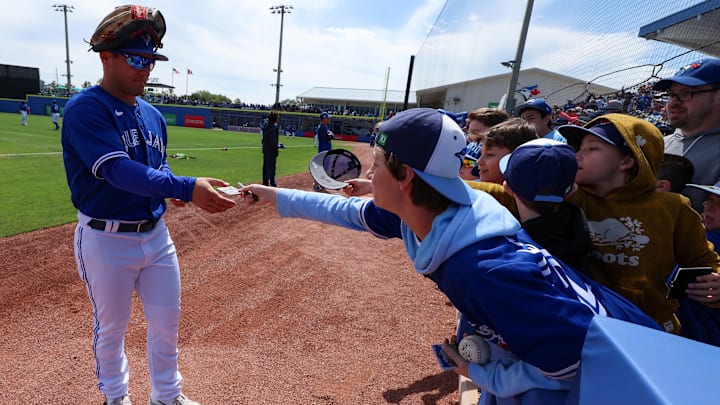New Rogers Centre Outfield Wall Alterations
During the past offseason, the Jays began their $300M renovation project on Rogers Centre, with one of the main components in the rework involving the drastic change to the outfield wall structure and dimensions. By creating an irregular outfield wall with different heights, depth and angles, it is expected that many balls in play in the outfield will create unique situations and bounces that is quite different from what a uniform outfield wall structure would produce.
This will definitely be great fun and excitement for the fans. However, this could potentially be chaos for the players, especially if they don’t adapt and get use to it. How fast the outfielders of the Jays can learn and adapt to the new wall structure and dimensions will dictate how successful they can be in the upcoming season.
Since they play half of their games at home, it is important to have some type of home field advantage over the visiting team. But if the Jays’ outfielders can’t get used to the outfield wall dynamics quickly, it wouldn’t be any different than playing in an unfamiliar visitors’ ballpark, and thus negating any advantage in getting to the baseball quickly and effectively for sound defense and preventing runs that normally could be saved. Luckily, both Daulton Varsho and Kevin Kiermaier are known to be defensive specialists, so hopefully it will be easier for them to quickly adapt to it and make the outfield wall irregularities irrelevant.
